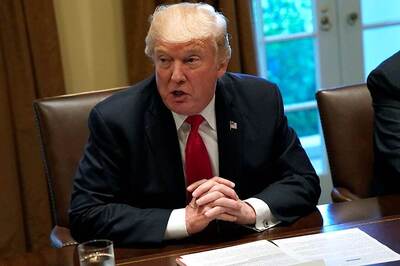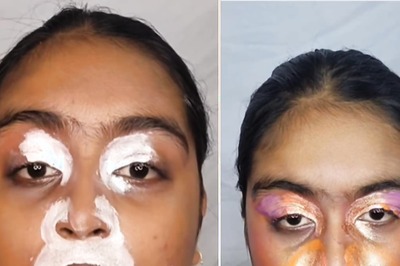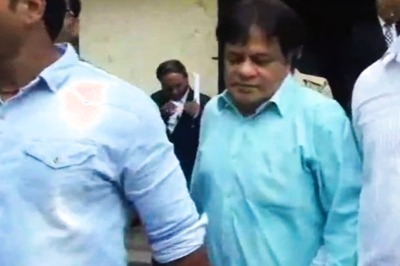
views
London: British police have identified "several suspects" in the attempt to murder former Russian double agent Sergei Skripal and his daughter by poisoning them with a rare nerve agent, media reports said on Thursday, citing the outcome of investigations in the high-profile case that has hit UK's ties with Russia.
Skripal, 66, and his daughter, 33, who were discovered slumped on a bench in the English town of Salisbury on March 4. They were treated for exposure to the Soviet-era military-grade nerve agent Novichok and discharged separately from hospital several weeks later and moved to secure locations.
Police believe they came into contact with the substance via the door handle of Sergei Skripal's house.
Several Russians were involved in the attempted murder of Sergei and Yulia Skripal, the Press Association says.
"They (the investigators) are sure they (the suspects) are Russian."
The Met Police, who are leading the investigation, have declined to comment.
CNN, quoting a source with knowledge of the ongoing investigation into the incident, reported that investigators have been combing through months of surveillance camera footage from UK airports and from Salisbury, where the Skripals were poisoned in an attack the British government blames on Russia.
Using facial recognition technology, authorities discovered two "fresh identities" — individuals not known to have been spies or used in other attacks — the report said.
Investigators crosschecked that information with the manifest of the flight on which the suspects were believed to have left Britain soon after the attack in March. They traveled on aliases, the CNN report said.
A British station in Cyprus intercepted a coded Russian message to Moscow just after the poisoning saying that the pair had left the UK, it quoted the source as saying.
The attack on the Skripals led to a diplomatic dispute with Russia. The UK expelled 23 Russian diplomats and more than 20 other countries, including the United States, followed suit.
Russia has repeatedly denied any involvement in the attack and has put forward multiple theories as to who may have been behind it.
Asked about the latest developments, the Russian ambassador to the UK Alexander Yakovenko told the BBC: "Unfortunately, we don't have official statement of the British side.
"I want to hear that from the Scotland Yard or from the Foreign Office. A lot of versions that we hear in newspapers, they are not supported by the Foreign Office," Yakovenko said.
Tensions escalated further earlier this month when two British residents of Amesbury, a town close to Salisbury, fell ill after being exposed to the same nerve agent.
Dawn Sturgess, 44, later died, while her partner Charlie Rowley, 45, remains in hospital.
Although police said there was no suggestion that the couple had been deliberately targeted, a murder investigation was launched. Last week, police announced that they had identified a small bottle found in Rowley's home as the source of the nerve agent that killed his partner.
It is unclear where Rowley found the bottle, or whether it is the same batch of nerve agent that poisoned the Skripals.
Meanwhile, an inquest into the death of Sturgess was opened and adjourned on Thursday. Coroner David Ridley said the cause of death would not be given until further tests are completed, the BBC reported.


















Comments
0 comment